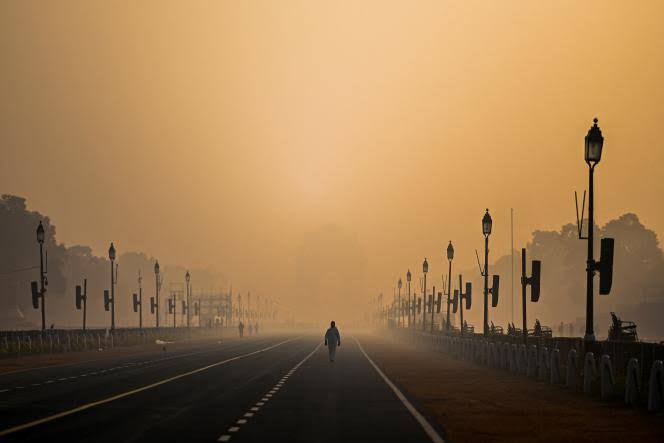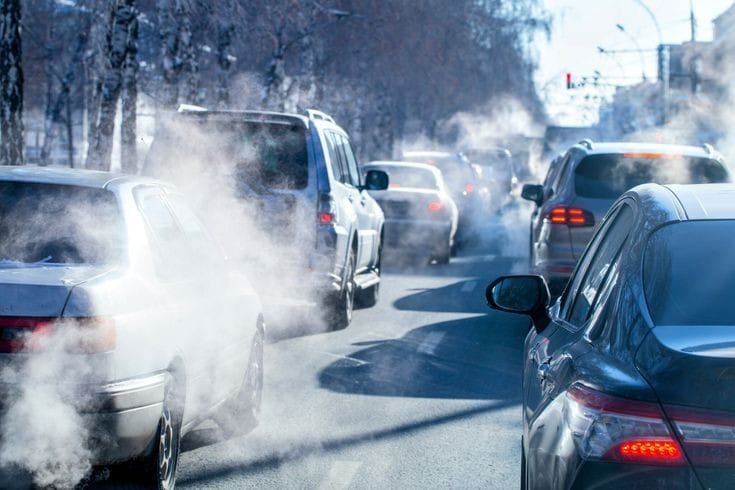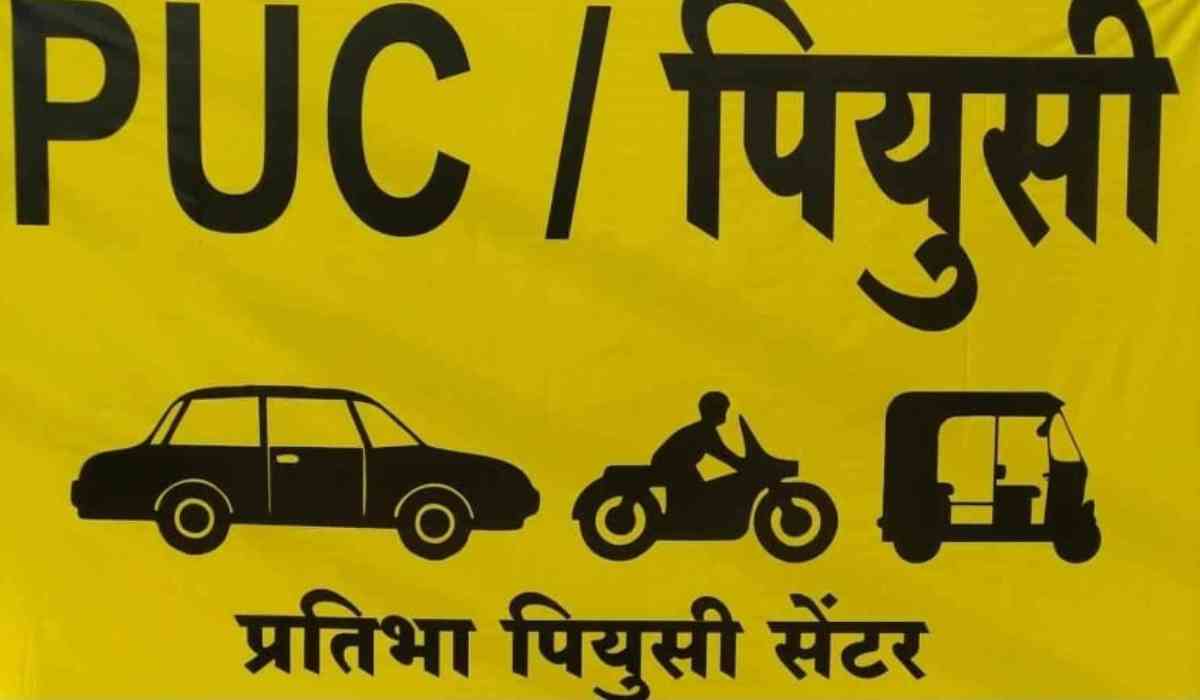Delhi's poor Air Index Quality(AQI) has been a longstanding concern for the Authorities, as of now it remains moderately poor with 117 AQI. It is the world's fourth most polluted city with 4 more cities of India in top 10 list including Ghaziabad, Hapur, Muzaffarnagar and Patna. Shockingly, all cities in the top 10 list are South-East and Middle Eastern Asian cities.
The Traffic authorities of Delhi stated and recognized that air pollution is a notable concern in India due to various factors, most importantly the Vehicle emission plays a major cause of concern with regard to the increase of pollution in the city.

PC: X
As per the traffic authorities of Delhi in an official statement, various measures have been implemented to address and regulate air pollution within the city. These measures involve the enforcement of guidelines provided by the Supreme Court, High Court, National Green Tribunal, CAQM, CPCB, Environment Department, the Delhi government, and other authorities to improve air quality index.
Pollution Under Control Certificate (PUCC) ?
To ensure that a vehicle has successfully passed a pollution control test and is releasing carbon monoxide, nitrogen oxides, and hydrocarbons within prescribed limits, A legitimate Pollution Under Control Certificate (PUCC) is issued to the drivers. It is a mandatory requirement for vehicles operating in India to possess a valid Pollution Under Control Certificate (PUCC), and drivers are obligated to carry a copy of it while driving.
The vehicles found without a valid PUCC face penalties as per section 190 (2) of the Motor Vehicle Act, 1988, and section 115 of the Central Motor Vehicle Rules, 1989. The specified penalty comprises a Rs 10,000 fine and a three-month licence disqualification for the initial violation.
An official announced, As of October 15 this year, they have issued more than 1.4 lakh challans for the absence of a valid Pollution Under Control Certificate (PUCC) in Delhi. In the period from January 1 to October 15, there were 52,388 challans issued in 2021, and this number increased to 1,08,100 in 2022.
Based on data provided by the police, until October 15 of this year, a total of 1.18 lakh two-wheelers were issued challans, comprising 69,190 motorcycles and 49,219 scooters. In addition to two-wheelers, traffic authorities have also issued challans to 33,754 cars, 1,556 three-seaters, 1,139 'Chota Hathis' (pickup Tempos), 795 large goods vehicles, 720 vans, 350 taxis, and 333 trucks, as the drivers were not able to produce a valid Pollution Under Control (PUC) certificate.

PC: Pinterest @Earth.com
This year, the data reveals that the highest number of challans in Delhi were issued in the Daryaganj circle, totaling 6,306, followed by Sarita Vihar with 6,254, Rajouri Garden with 5,595, Shahdara with 5,442, and Tilak Nagar with 5,252 challans.
The official explained that the enforcement of penalties for vehicles lacking pollution certificates is aimed at protecting the environment in the public's best interest. The Delhi Traffic Police has launched a campaign using E-Challan Machines to address vehicles without PUCC. Comparative data from the last four years shows an increasing pattern in PUCC violations.
In the concluding statement, he added that there has been a notable rise in the fines imposed for the absence of PUCC, particularly up to October 15, 2023, except for the COVID-19 restriction period in 2020. This highlights an increased emphasis on enforcing pollution control regulations and ensuring that vehicles have the necessary PUCC documentation.
© Copyright 2023. All Rights Reserved Powered by Vygr Media.




















